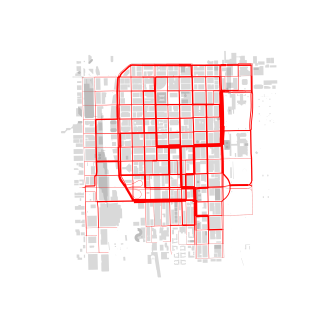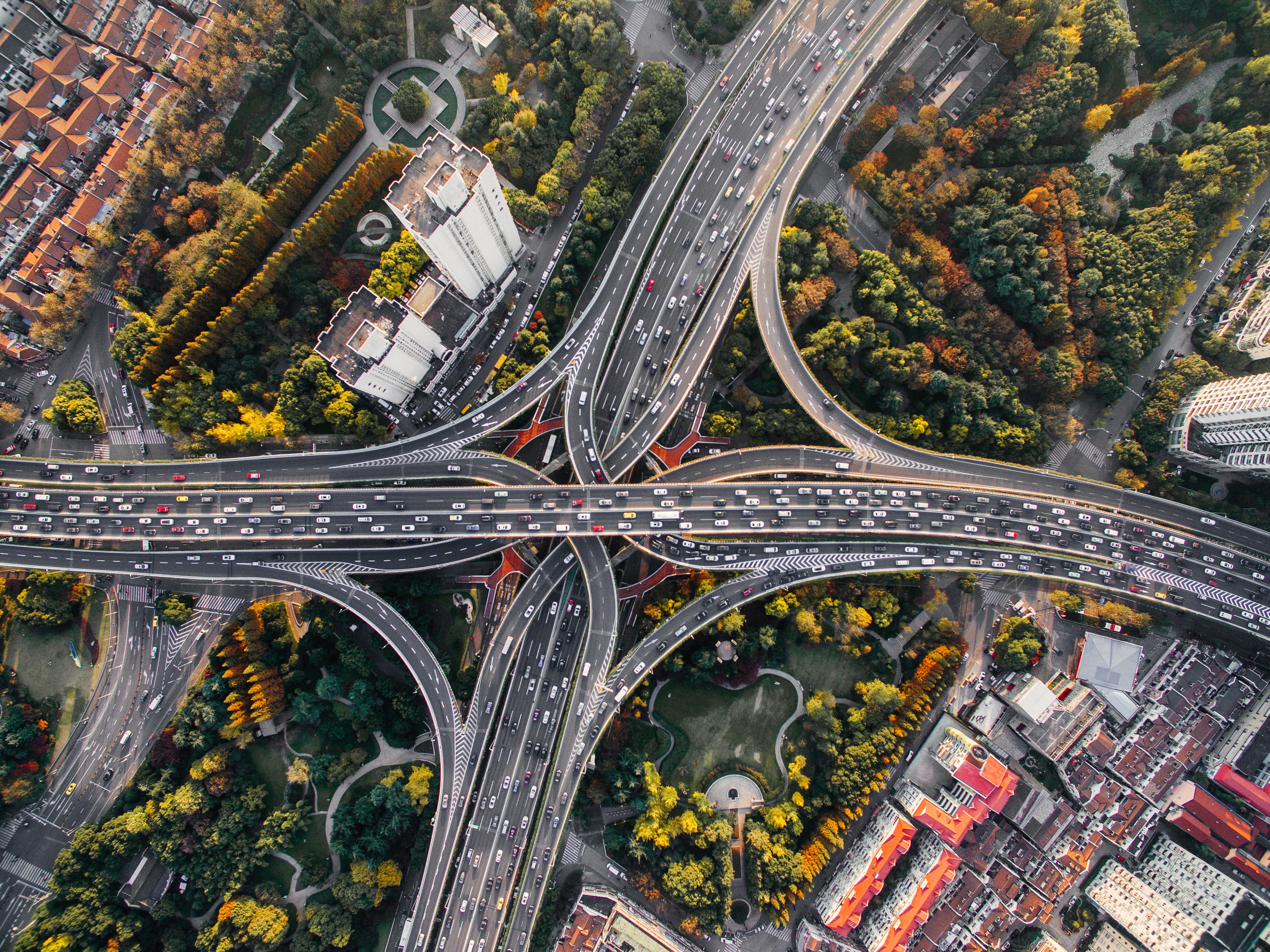News release
From:
Neuroscience: How the environment you grew up in influences navigation
People who grow up outside cities may be better at navigation than those from urban environments, especially those where streets are organized in a grid, suggests a Nature paper. The findings indicate that urban design, such as the grid-like organization of streets, and our environment can affect cognition and brain function.
Previous research suggests that experience can shape brain structure and function. For example, the cultural and geographical properties of an environment have been shown to influence cognition and mental health. However, the effect of our environment when growing up on cognitive abilities later in life remains poorly understood.
Antoine Coutrot, Michael Hornberger, Hugo Spires and colleagues measured the spatial navigation abilities of 397,162 people from 38 countries using a cognitive task within two video games. Participants were presented with a map indicating the start location and the locations of several checkpoints to find in a set order. The authors found that individuals who grew up in more structured, grid-like cities, such as Chicago, performed better on game levels with a regular layout. However, those who grew up outside of cities or in cities with a less regular layout, such as Prague, were better at navigating more-complex game levels.
The findings suggest that the environment — and in particular the street structure — where people grew up can affect their navigation abilities, and that people are better at navigating in environments that are structurally similar to where they grew up. Further research is required to explore how these differences emerge during childhood.
Multimedia






 International
International



